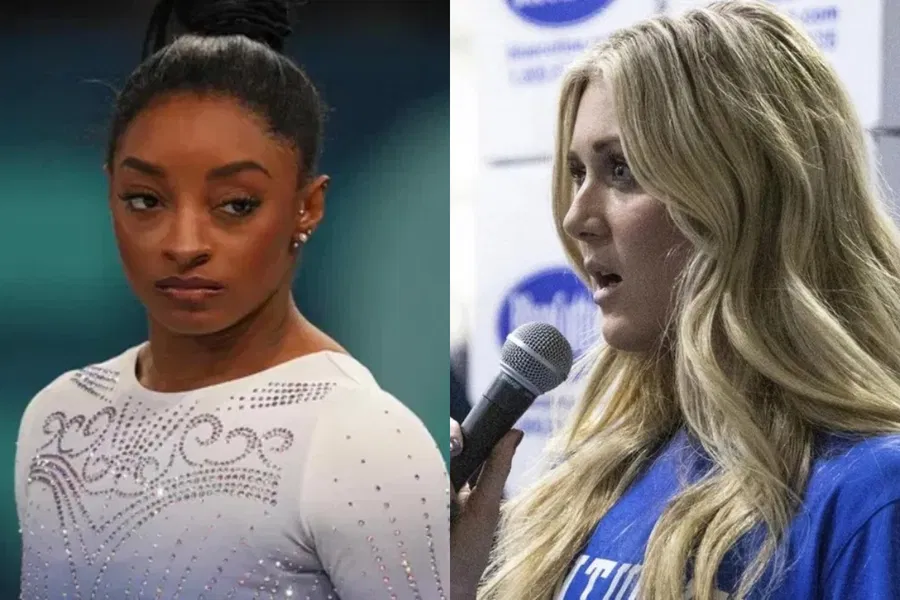
Controversy Sparks Over Trans Athlete Inclusion
The debate began when Riley Gaines criticized Champlin Park High School’s decision to include a transgender pitcher on its state-championship softball roster. Simone Biles fired back on June 8 with a sharp “bully someone your own size” tweet, signaling her support for the athlete and escalating the online feud.
Expert Weighs In: Men’s vs. Women’s Gymnastics
Historian Katherine Keirns—whose work spans German women’s artistic gymnastics and sports governance—took to X on June 9 to defend Biles. Keirns argued that concerns over men competing in women’s events are unfounded, highlighting that the two disciplines evolved separately: men’s gymnastics rooted in military drills, women’s in expressions of grace and dance.
Thread Outlines Historical Context
In her thread, Keirns explained that men’s and women’s gymnastics grew from distinct 19th-century traditions, so fears of domination lack basis. She also noted that the U.S. women’s program’s success has leaned heavily on generational talents like Biles and Sunisa Lee, rather than a deep systemic pipeline.
Debate Continues Online
With voices from athletes, fans, and analysts pouring in, the conversation shows no sign of slowing. As both sides marshal facts and personal anecdotes, the broader question remains: how should sports balance inclusivity with competitive integrity?
Your Take?
Is the inclusion of transgender athletes in women’s sports a matter of fairness or competitive imbalance?